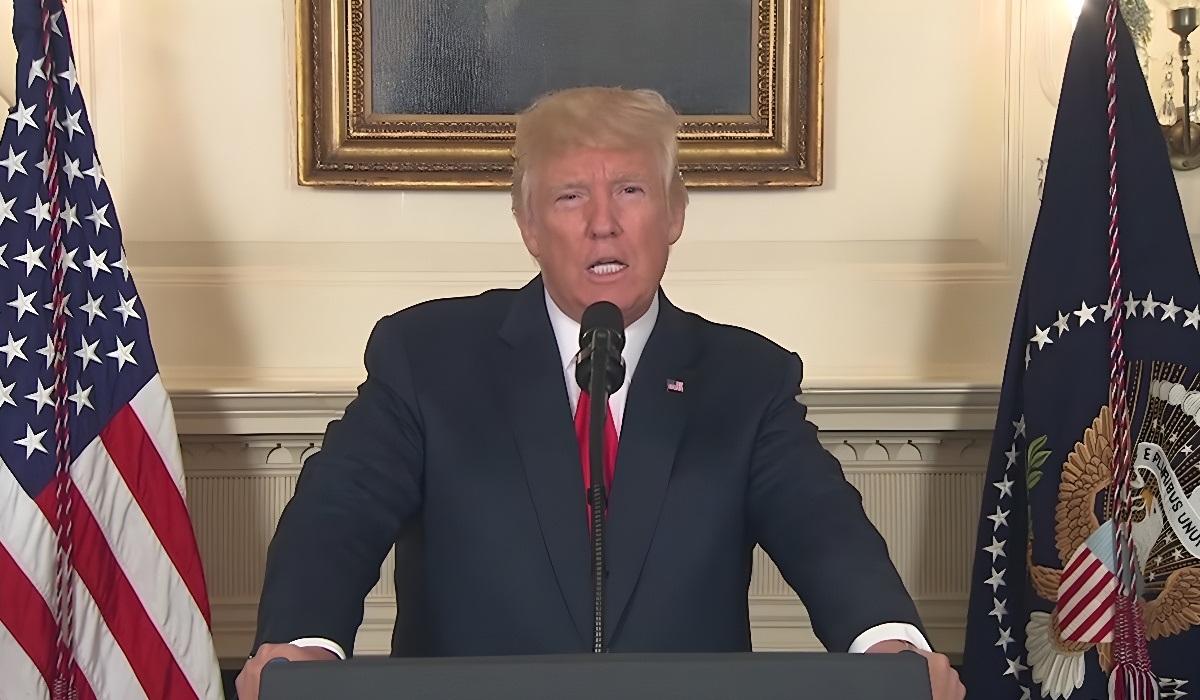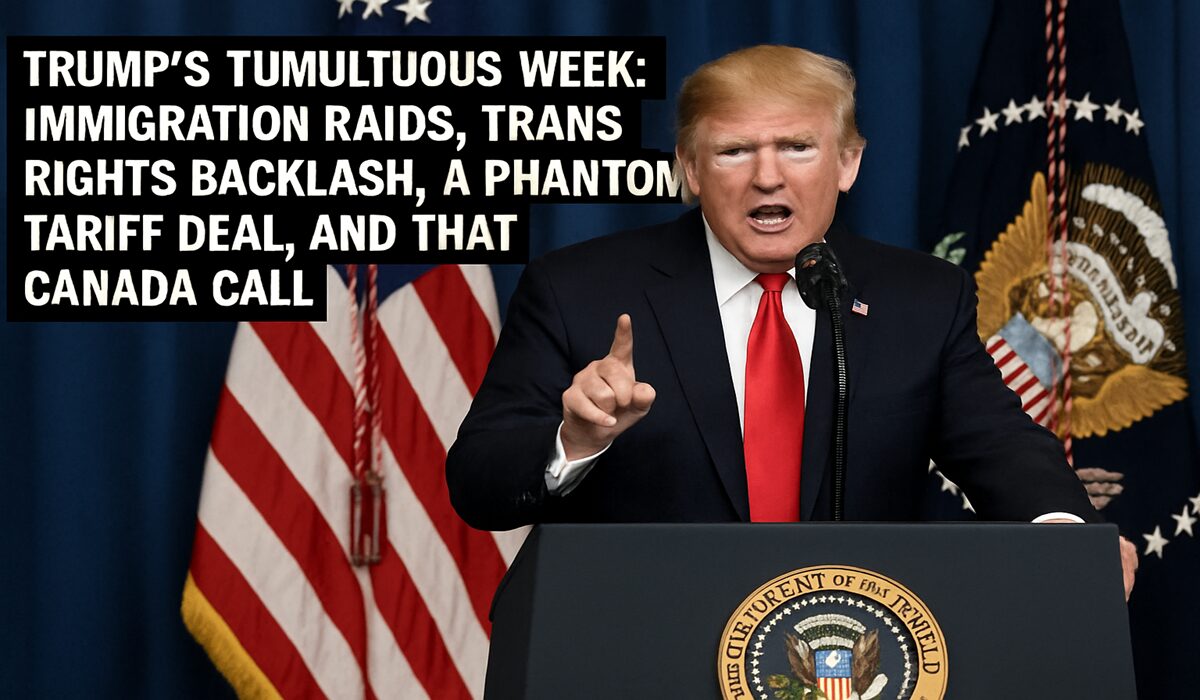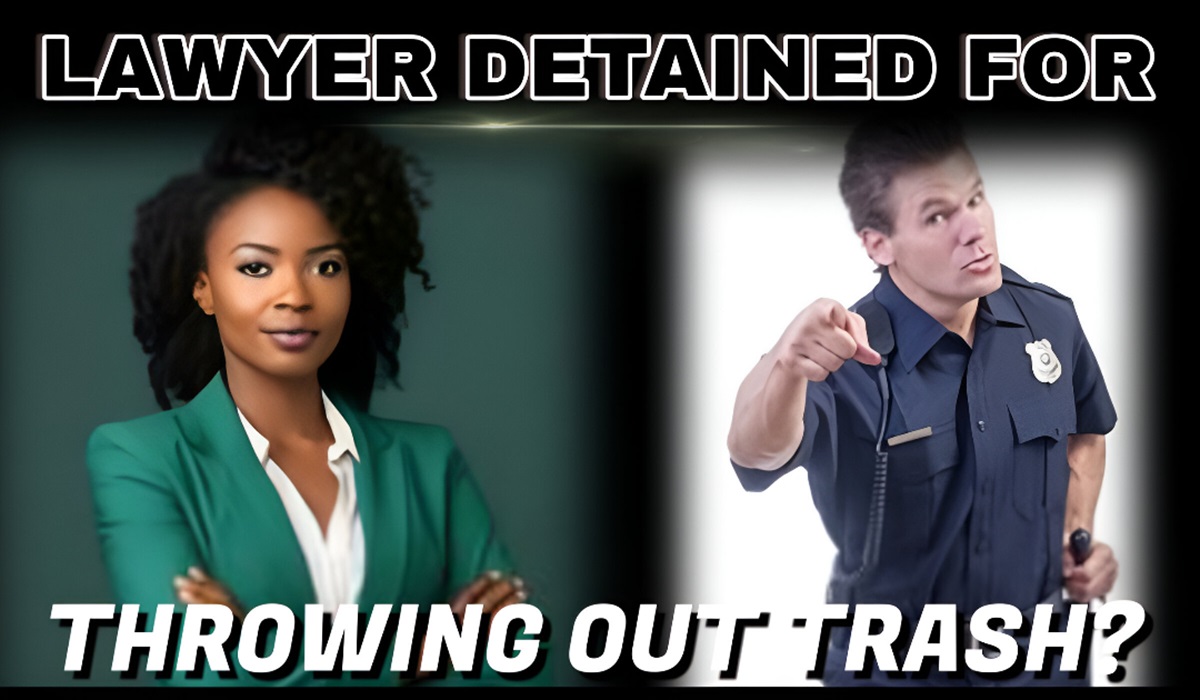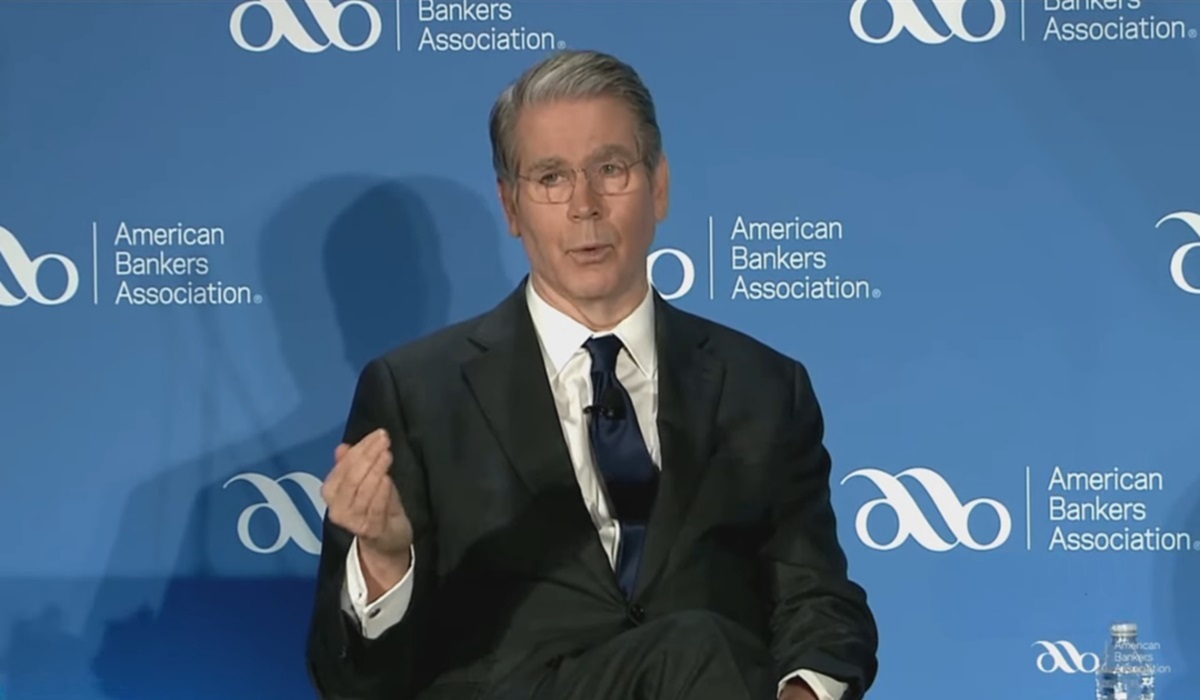Weaponizing Sound Bites: How Trump’s Charlottesville Speech Was Twisted by the Media
- TDS News
- U.S.A
- September 25, 2024

Media manipulation and selective sound bites have long shaped political narratives, but in today’s hyper-partisan climate, the issue is more prominent than ever. One of the most infamous examples of this manipulation surfaced in the wake of the 2017 Charlottesville tragedy, where a white supremacist drove his car into a crowd of protesters, killing Heather Heyer and injuring many others. The media fallout from the event—and specifically, a few seconds of Donald Trump’s remarks—continues to play a significant role in shaping political discourse, most recently invoked by Kamala Harris in her vice-presidential campaign interviews.
The sound bite that sparked national outrage was Trump’s comment about “fine people on both sides.” It was immediately weaponized by various media outlets, particularly left-leaning platforms, and circulated extensively on social media. The implication was clear: Trump, the president of the United States, had just equated neo-Nazis and white nationalists with peaceful protesters, effectively endorsing them. This snippet, taken out of its broader context, has haunted Trump’s presidency and continues to serve as a point of attack in the ongoing political battles, especially with the 2024 campaign trail heating up.
The problem, however, lies in what was not aired. Trump, in the same press conference, unequivocally condemned white nationalists and neo-Nazis, calling them “disgusting” and stating, “the driver of the car is a murderer, and what he did was a horrible, horrible, inexcusable thing.” These remarks, which labeled the attacker’s actions as terrorism and murder, were largely overshadowed by the manipulated sound bite. The broader context—where Trump referred to peaceful protesters on both sides of the debate about Confederate statues—was lost in the shuffle, fueling a narrative that he refused to denounce hate groups.
The impact of this selective editing cannot be understated. The clip became a defining feature of Joe Biden’s 2020 presidential campaign, framing Trump as a sympathizer to racist ideologies. Biden frequently referenced Trump’s words in speeches and debates, using the moment to paint himself as the antithesis of the divisive rhetoric Trump was accused of espousing. Even as Biden ascended to the presidency, the sound bite remained a crucial part of the political narrative, with Harris once again invoking it to criticize Trump’s legacy.
This manipulation by omission reveals a larger problem in modern media: the crafting of narratives that only serve to divide. Whether you are a Trump supporter or detractor, the obligation of the media is to deliver the truth. Cherry-picking a two-second sound bite from a 45-minute press conference is disingenuous, especially when it’s aimed at shaping public perception in such a reductive manner. If political discourse is to remain honest, it’s critical to present full contexts and allow the public to decide. Unfortunately, that responsibility has been lost amid the endless cycle of 24/7 news coverage.
It’s important to acknowledge that Trump is no stranger to controversy. His history of inflammatory remarks, from his infamous “Access Hollywood” tape to the various attacks on political rivals, has given his opponents ample fodder. However, when trying to attack his character, the media owes it to the American people to be factual, rather than relying on selective editing to push a particular narrative. This is true not just for Trump but for all political figures, including Biden, whose sound bites are sometimes edited to show moments of cognitive difficulty, even when the fuller clips present him as coherent.
What happened with the Charlottesville sound bite has become a template for how sound bites are wielded in American politics. Both sides of the political spectrum are guilty of this tactic, be it Democrats using Trump’s words to paint him as a racist, or Republicans using clips of Biden to question his fitness for office. This form of manipulation contributes to the deepening political divide in the country and further erodes trust in media institutions that are supposed to provide a full and accurate account of events.
As political campaigns escalate, and candidates gear up for debates and town halls, the manipulation of video clips and selective sound bites will only intensify. Kamala Harris’s recent mention of Trump’s Charlottesville remarks in her vice-presidential interviews signals that this strategy is still alive and well. Instead of fostering meaningful political dialogue, these snippets fan the flames of division, reinforcing the us-versus-them mentality that has come to define American politics.
The media must do better. Their role in shaping the narrative is undeniable, but so too is their responsibility to the public. If they choose to mislead through selective sound bites, they fail in their duty as truth-tellers. It’s time for both the media and political figures to rise above the temptation of easy sound bites and selective edits. If we want to bridge the divide in America, we need full transparency in our political discourse, and that means airing the entire story, not just the parts that fit a particular agenda.








